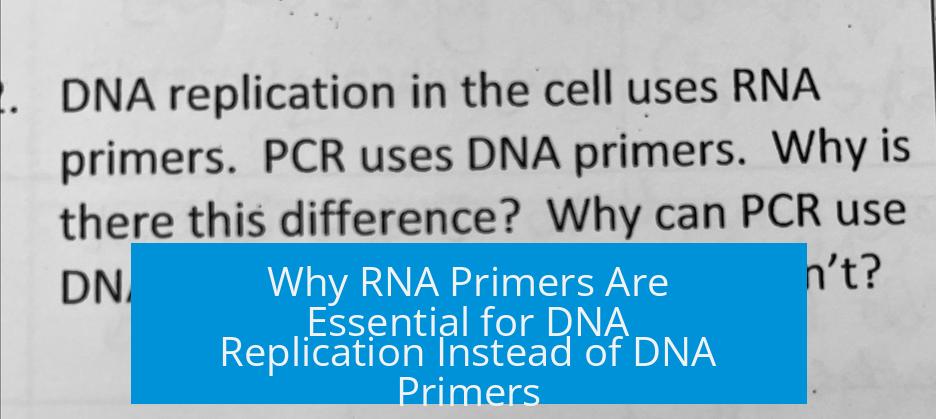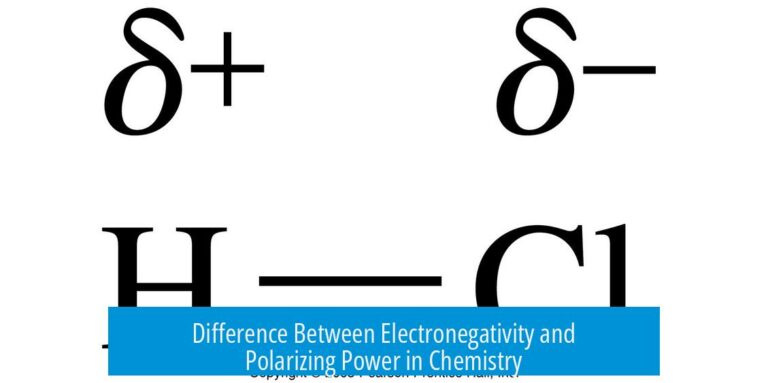Why RNA Primer is Used in DNA Replication Instead of DNA Primers?
RNA primers are used in DNA replication because DNA polymerases cannot initiate DNA synthesis de novo; they require a free 3′-OH group to add nucleotides. RNA polymerases, like primase, can synthesize a short RNA primer on single-stranded DNA, providing this required 3′-OH end for DNA polymerase to extend.
Need for a Primer with a Free 3′-OH Group
DNA polymerases cannot start a new strand without an existing primer. They require a free 3′-OH group already base-paired to the template strand. Without this, DNA polymerase cannot catalyze the addition of nucleotides. This biochemical constraint demands a starter strand during replication.
Why RNA Primers are Essential
- Primase, an RNA polymerase, can initiate synthesis directly on the single-stranded DNA without needing a primer.
- RNA polymerases possess the unique ability to start nucleotide polymerization de novo.
- The RNA primer provides the free 3′-OH group DNA polymerase needs to extend the DNA strand.
Replacement of RNA Primers During Replication
Once DNA polymerase extends the strand past the RNA primer, the RNA segment is removed. DNA polymerase fills in the gap with DNA nucleotides. This process ensures the resulting DNA strand is continuous and composed of DNA only. The 3′-OH ends generated post-replacement allow DNA polymerase to continue elongation efficiently.
Summary Table of Key Differences
| Aspect | RNA Primers | DNA Primers |
|---|---|---|
| Initiation Capability | Can initiate synthesis de novo | Cannot initiate de novo; need existing 3′-OH |
| Enzyme Type | Primase (RNA polymerase) | DNA polymerase (requires primer) |
| Role in Replication | Provides starting point with free 3′-OH | Extends the DNA chain after primer removed |
| Stability | Less stable and temporary | Stable, forms the final DNA strand |
Key Takeaways
- DNA polymerases require a pre-existing 3′-OH group and cannot begin synthesis on a naked template.
- Primase synthesizes a short RNA primer with a free 3′-OH to initiate DNA replication.
- RNA primers are transient and replaced by DNA nucleotides during replication.
- This mechanism ensures proper and efficient replication of the DNA molecule.





Leave a Comment